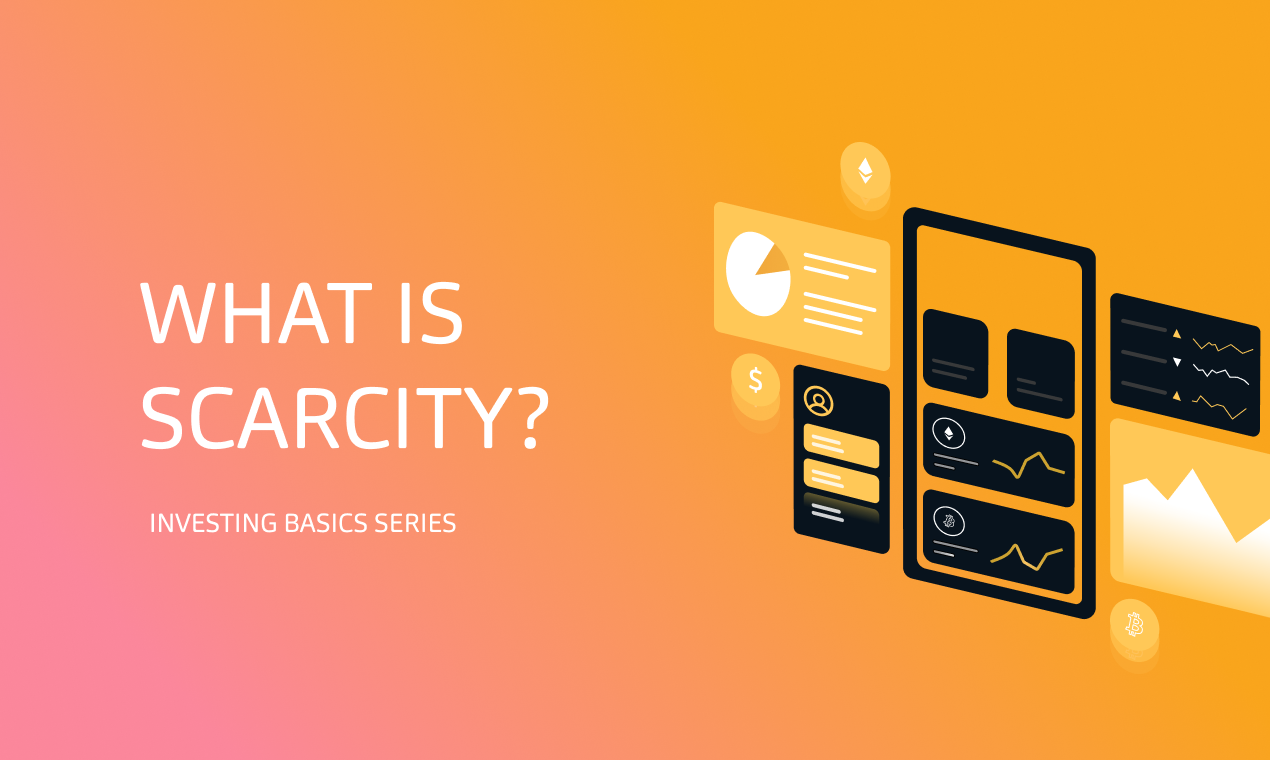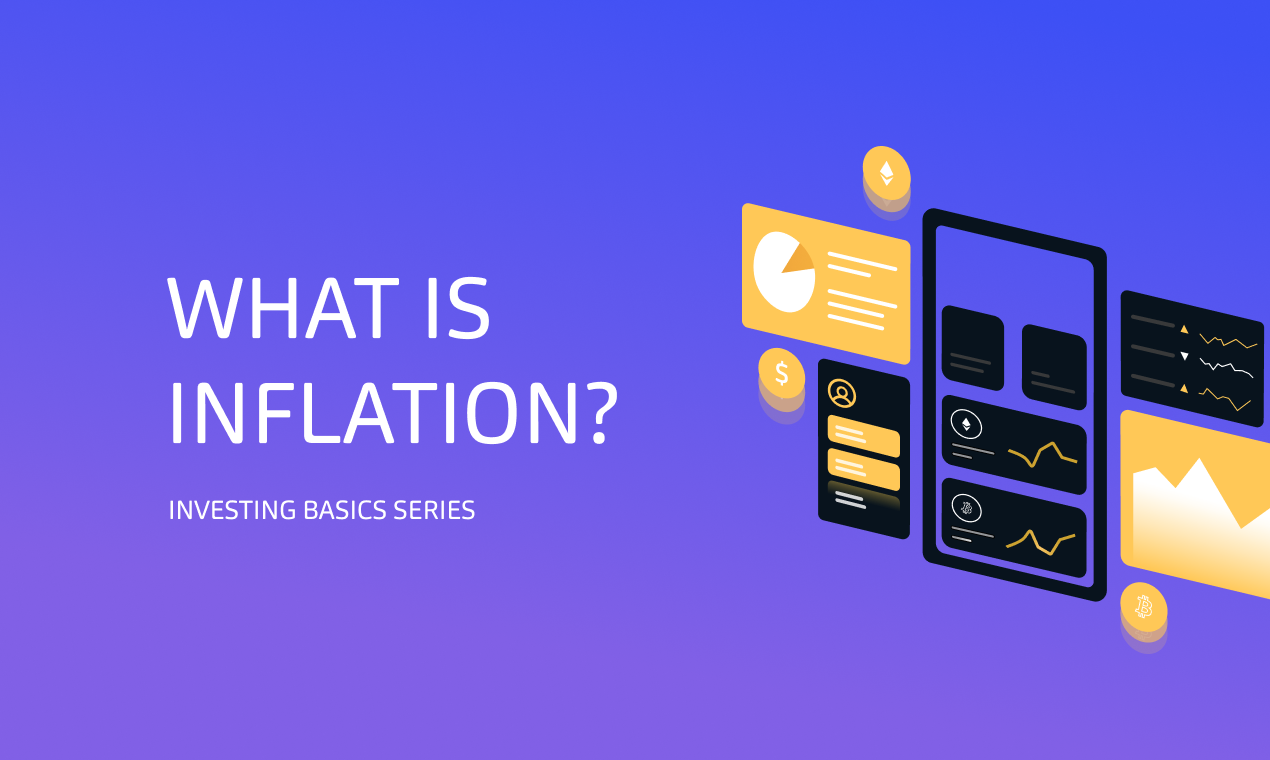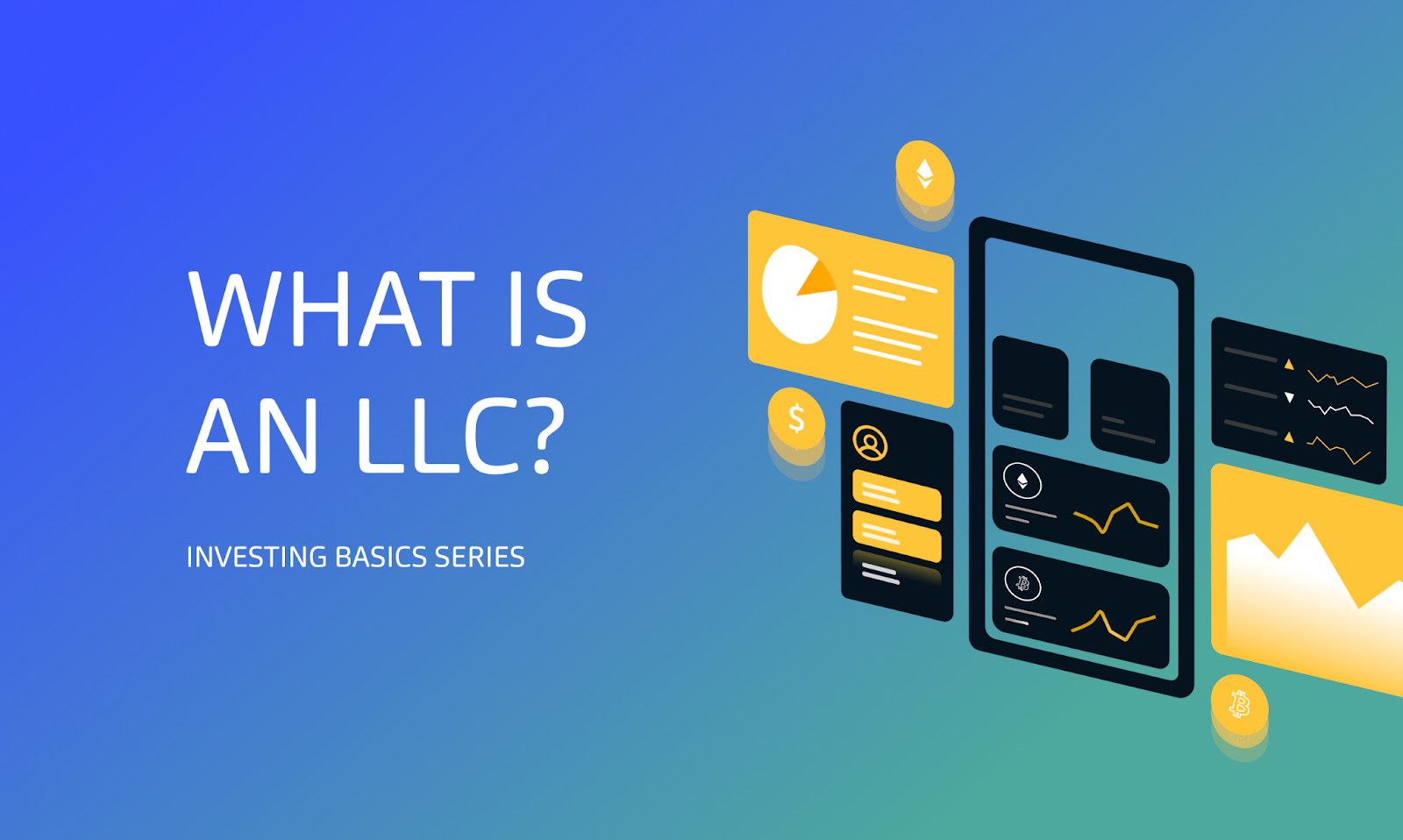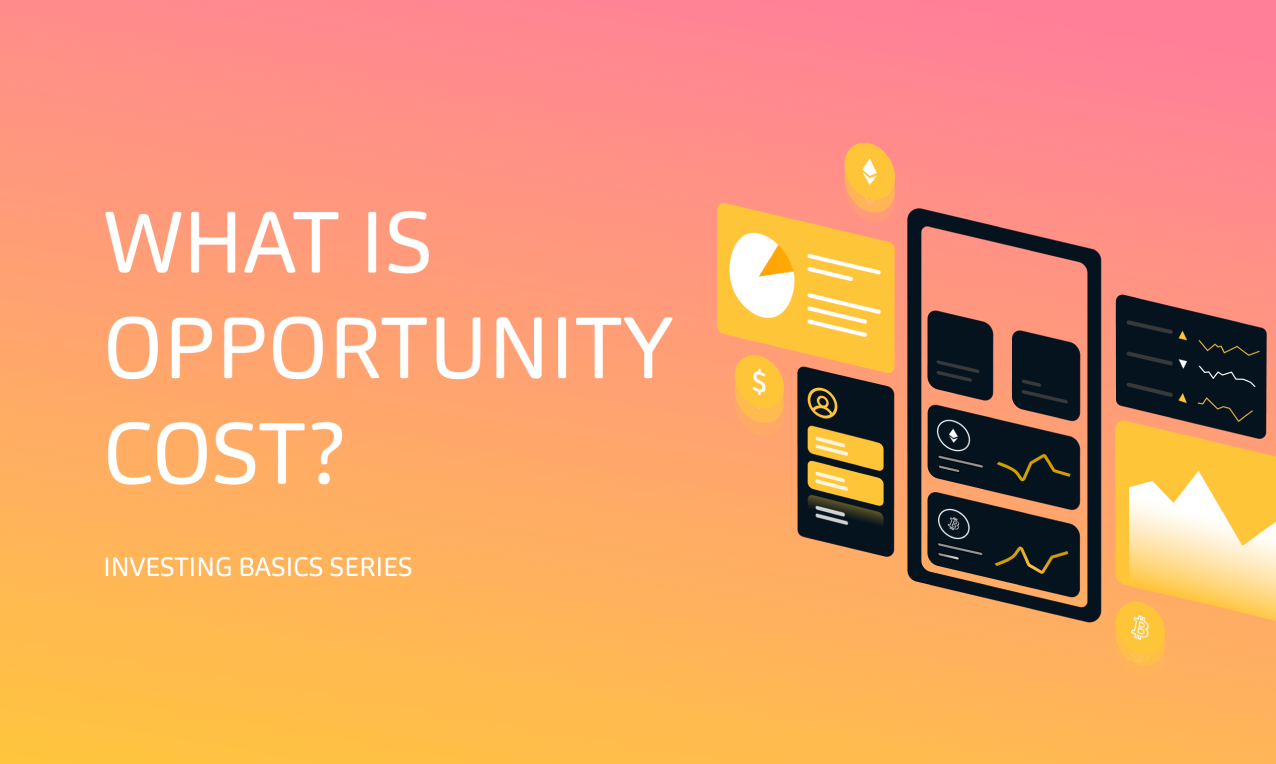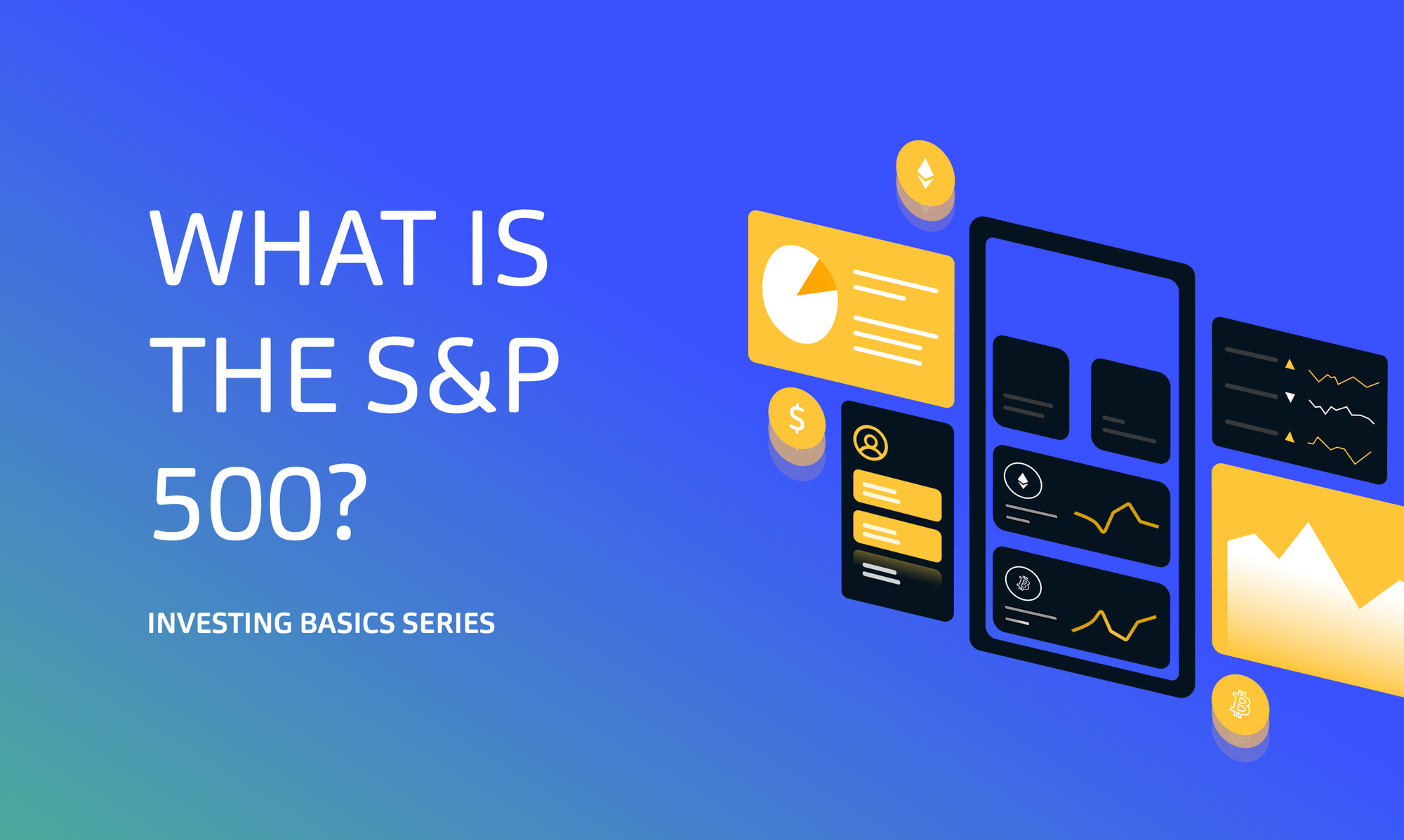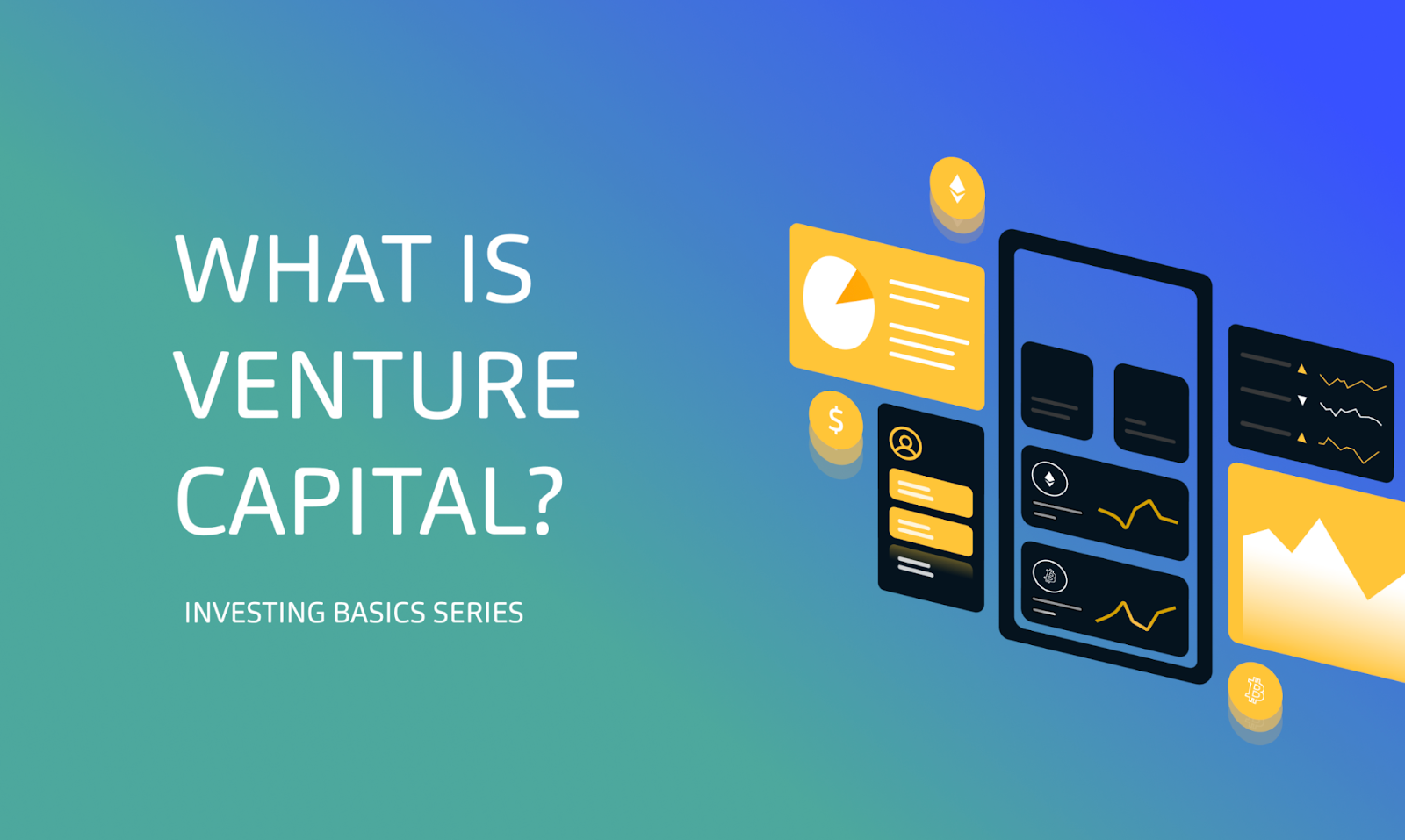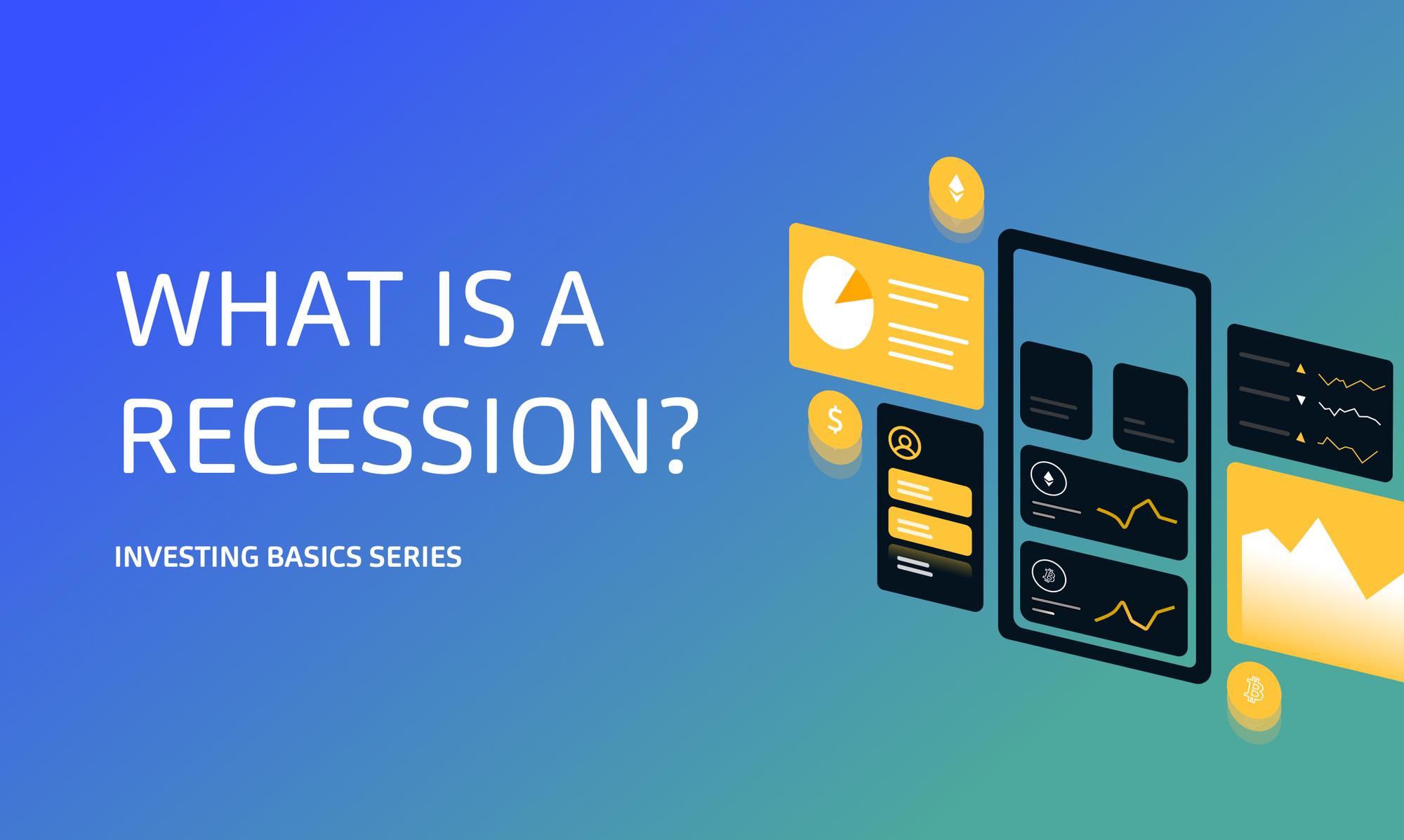
A recession is a sustained period (generally defined as two consecutive quarters) during which there is a decline in economic activity.¹
What are the signs of a recession?
Several economic indicators signal the onset of a recession. Negative growth in Gross Domestic Product (GDP) is considered the most basic way to assess a recession. GDP measures the value of goods and services generated in a country, and a negative growth rate suggests a decline in business activity. In most market-based economies, a recession will affect the majority of industries.
Generally, the spending level of consumers drops drastically with a fall in the overall income. The level of credit also tends to drop as industries are no longer keen to expand their business during this period. Other common indicators of a recession include a high unemployment rate, low inflation or deflation, falling stock prices, and lower industrial production.
The key difference between a recession and a depression is that the latter has a more profound effect on the economy. A depression also lasts longer, as witnessed during the Great Depression, which lasted from 1929 to 1939, versus shorter recessions in 2008 and 2020.²
Example
During COVID-19, we saw economic activity drop abruptly as fierce lockdowns were imposed in most countries worldwide.³ Unemployment levels rose to unprecedented levels, and many economies witnessed a double-digit decline in their GDP growth rate.⁴ Fortunately, the recession only lasted a few months due to the intervention of central banks and government spending. The 2008 sub-prime crisis, on the other hand, lasted longer and had a more profound impact on the global economy, stock markets, and especially financial regulation.⁵
References
- “What is a Recession?” Investopedia. https://www.investopedia.com/terms/r/recession.asp
- “Depressions and recessions differ in their severity, duration, and overall impact. Here's what you need to know.” Business Insider. https://www.businessinsider.com/recession-vs-depression
- “Global Economic Effects of COVID-19.” SGP. https://sgp.fas.org/crs/row/R46270.pdf
- “COVID-19 recession.” Wikipedia. https://en.wikipedia.org/wiki/COVID-19_recession#:~:text=The%20COVID%2D19%20recession%20is,most%20countries%20in%20February%202020.&text=By%20October%202020%2C%20more%20than,insurance%20computer%20systems%20and%20processes.
5. “The 2007–2008 Financial Crisis in Review.” Investopedia. https://www.investopedia.com/articles/economics/09/financial-crisis-review.asp
The content on this page is for general information only and is believed to be accurate and reliable as of posting date, but may be subject to change.
Securities brokerage services are provided by Alpaca Securities LLC (“Alpaca”), member FINRA/SIPC, a wholly-owned subsidiary of AlpacaDB, Inc. Technology and services are offered by AlpacaDB, Inc.
This is not an offer, solicitation of an offer, or advice to buy or sell securities, or open a brokerage account in any jurisdiction where Alpaca is not registered (Alpaca is registered only in the United States).
